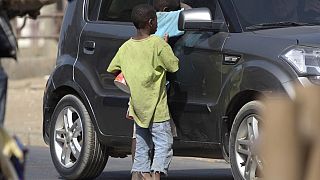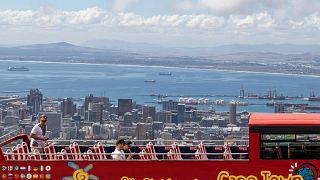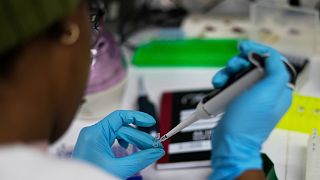South Africa
The homeless in Johannesburg South Africa are the most affected by containment measures that have been in place in the country for more than a month.
With these restrictive measures, this very disadvantaged section of the population can no longer count on the generosity of motorists, shopkeepers or pedestrians.
Without any social safety net, the destitute, mostly migrants living on begging, are today in a food and health emergency.
“Our livelihood is centered on street begging. Now that the country is sealed off, it is impossible for us to go out into the streets to look for donations”, 60-year old Zimbabwean migrant, Jethro Gonese said.
Kenneth Kamang, 48, another Zimbabwean said ‘‘Everywhere in town there is no one to beg, so things get very difficult. Everything has become very hard. We live from hand to mouth.”
This week, South Africa announced an increase in social assistance for the poor, the elderly and the disabled, but foreigners are excluded.
According to the United Nations World Food Programme, at least 265 million people worldwide could face food insecurity by the end of the year.
South Africa currently has the highest infection rate in Africa at 4,793 confirmed cases, with 90 deaths.
AP











Go to video
Semenya ruling shakes foundations of gender rules in sport
01:53
SMES under pressure as business confidence hits four-year low in South Africa
Go to video
Former South African deputy president David Mabuza dies at 64
01:05
South Africa: year of power marred by new scandal in coalition government
Go to video
’Black Empowerment’ law stalls Elon Musk's $113 million investment in SA
01:30
Uncertainty looms over Nissan South Africa as global restructuring continues